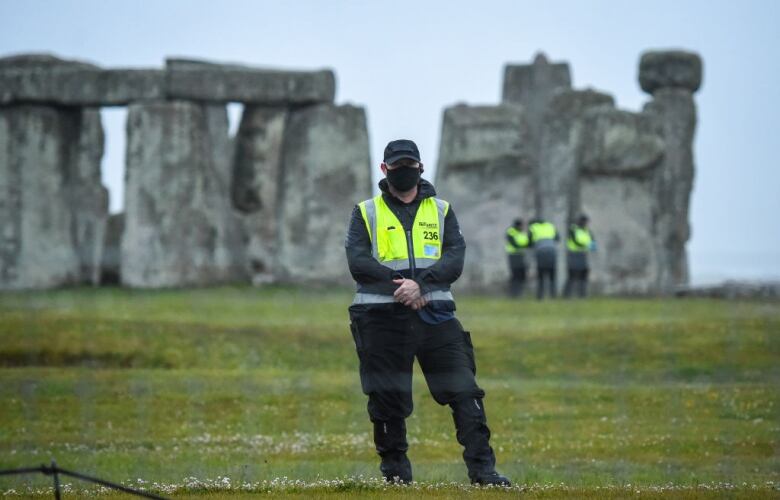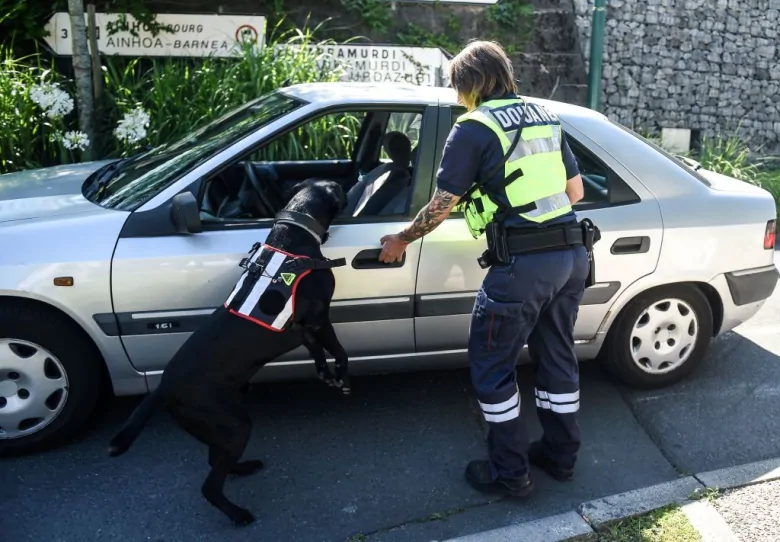Here’s what’s happening with COVID-19 around the world on Sunday as coronavirus case numbers top 8.8 million.
The latest:
- Spain ends state of emergency after 3 months of restrictions.
- Should I worry whom I let into my social bubble? Your COVID-19 questions answered
- Canada-U.S. border rules and restrictions during the pandemic explained.
- Is it safe to have sex during COVID-19?
- 6 Trump staffers at Saturday’s Tulsa, Okla., rally test positive for coronavirus.
- South Africa reports 1-day high of nearly 5,000 new cases.
Spain’s national state of emergency has ended after three months of restrictions on movement to rein in its COVID-19 outbreak.
As of Sunday, 47 million Spaniards will be able to freely move around the entire country for the first time since the government declared a state of emergency on March 14. The lockdown measures have been rolled back gradually over recent weeks.
Travellers from European countries and Britain can also enter Spain now without having to quarantine for 14 days. That quarantine rule still applies to non-Schengen countries, except for the U.K. Spain is hoping it can save part of its summer tourist season, which provides a huge part of its economic activity.

Spaniards are still obligated to wear face masks both indoors and outside when in public spaces where it is impossible to guarantee a distance of 1.5 metres from others. Regional governments are now in complete charge of putting limits on attendance in public places, from theatres, to weddings, to classrooms.
Spain’s lockdown succeeded in stopping the uncontrolled spread of the coronavirus, which authorities say has claimed at least 28,000 lives in the country.
Elsewhere in Europe, Germany reported 687 new cases, its highest one-day toll in a month, after earlier managing the outbreak better than comparable large European nations.
In England, pandemic lockdown restrictions prevented druids, pagans and party-goers on Sunday from watching the sun rise at the ancient circle of Stonehenge to mark the summer solstice, the longest day of the year in the northern hemisphere.

English Heritage, which manages the site, live streamed it instead, while a few people gathered outside the fence in the morning rain.
No new coronavirus deaths have been recorded in Scotland or Northern Ireland in the past 24 hours, according to official figures released Sunday.
The U.K. government said 43 deaths were recorded in all settings across the U.K. in the past 24 hours, bringing the country’s official pandemic death toll to 42,632.
U.K. Health Secretary Matt Hancock says the government is likely to ease a rule requiring people to stay two metres apart, something that would help venues reopen. Hancock said it might be possible for people to be closer if they took other measures, such as wearing face masks.
The new coronavirus has killed more than 464,000 people and infected more than 8.8 million globally, according to figures compiled by Johns Hopkins University. The true number is thought to be much higher because many cases go untested.
WATCH | Infectious disease specialist on what we’ve learned about COVID-19:
Dr. Michael Gardam, chief of staff for Humber River Hospital in Toronto, says it’s tough trying to reopen and remain safe: ‘We’re all figuring this thing out as we go.’ 7:08
At a campaign rally on Saturday, U.S. President Donald Trump said he told his administration to slow down virus testing. He said the

